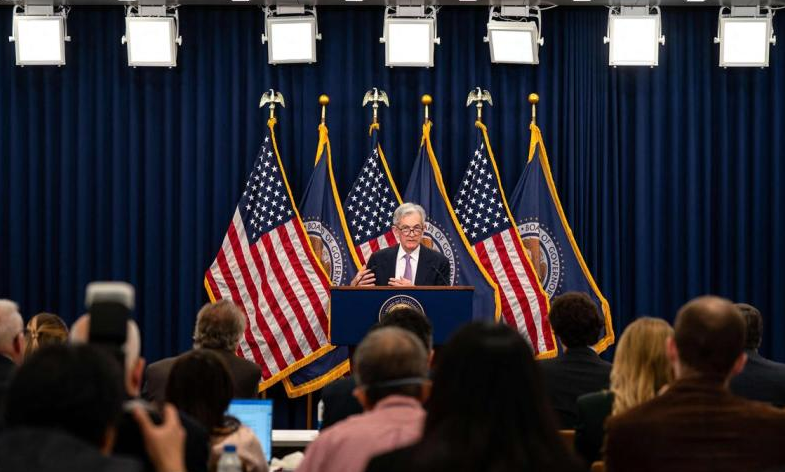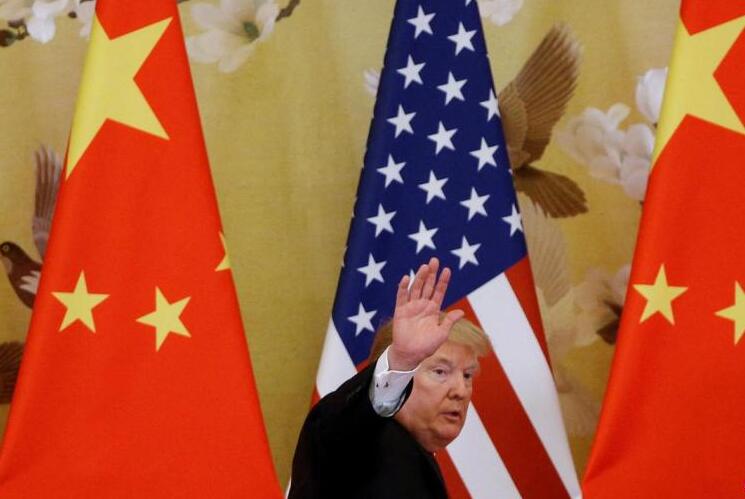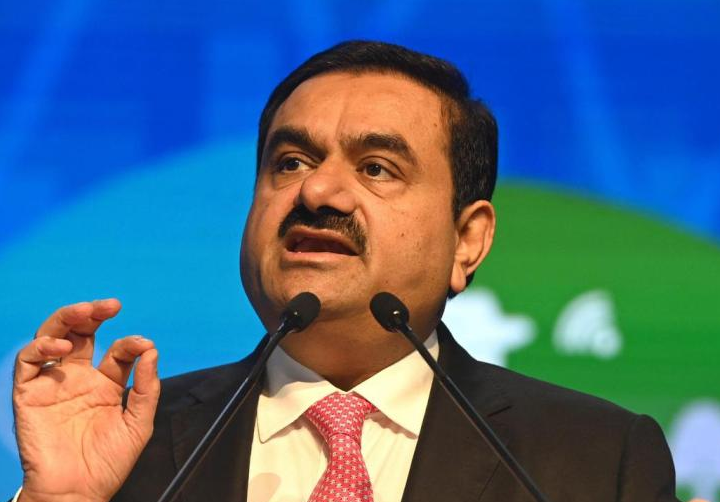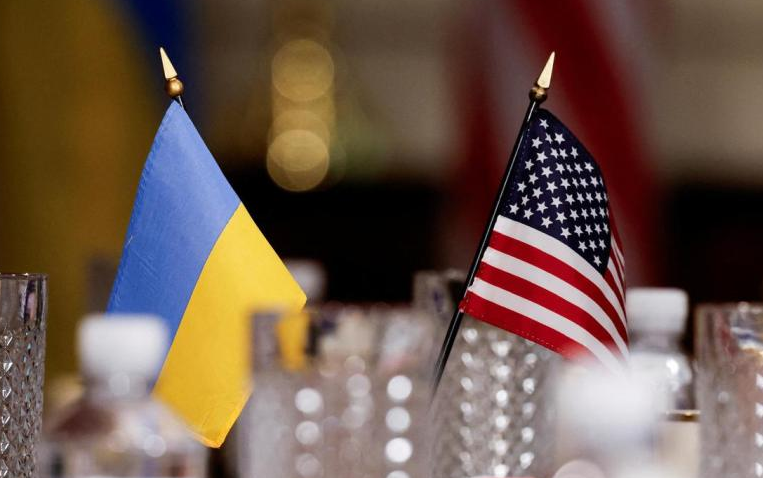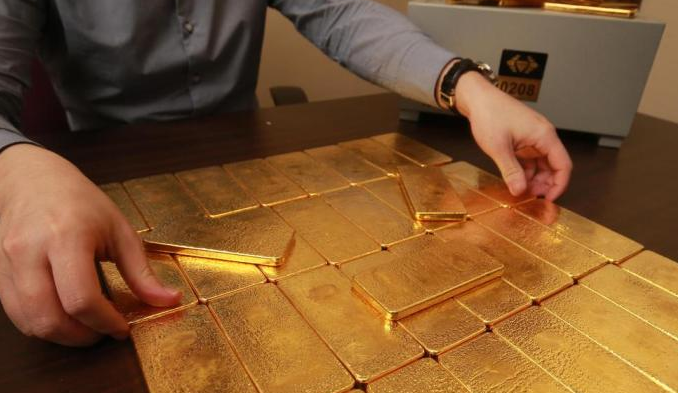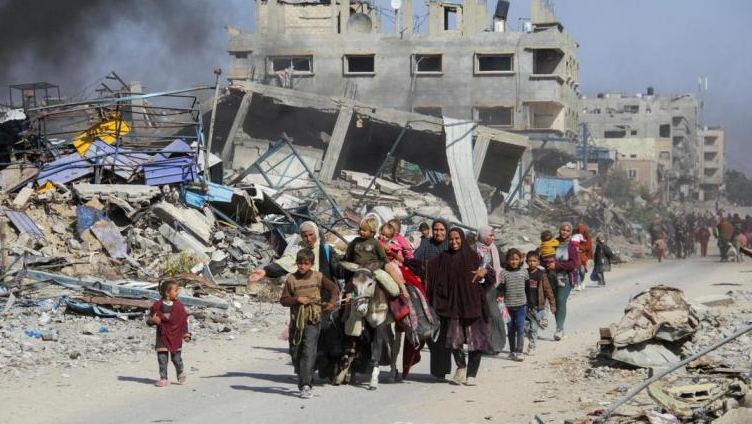
Will the Russian-Ukrainian war escalate into World War III?
Russia’s invasion of Ukraine has entered the 1,000th day. After US President Biden lifted arms restrictions, Ukraine used US-made long-range missiles to attack Russian territory for the first time on Tuesday (November 19), sparking concerns that the war may escalate and expand.
The director of the Russian Foreign Intelligence Service warned that NATO countries have facilitated Ukraine’s use of missiles to attack deep into Russia, “which will not go unpunished.” The US Embassy in Ukraine warned on Wednesday (20th) that Kiev may be hit by a major air strike and the US embassy will be closed.
Russian President Putin’s immediate response was to approve the revision of nuclear policy. According to the new policy, non-nuclear countries will attack Russia with the support of nuclear-armed countries, which will be regarded as a joint attack on Russia. According to Russian presidential press secretary Peskov, if Ukraine uses Western non-nuclear missiles to attack Russia, Russia can respond with nuclear weapons.
Biden has been restricting Ukraine from using Western weapons to attack Russia because he is worried that Putin will use nuclear weapons and trigger a world war after being annoyed. However, after Trump won the presidential election, Biden made a 180-degree policy turn before the handover of power.
This strategic shift means that Ukraine can use the Army Tactical Missile System (ATACMS) with a range of 300 kilometers to strike military targets in the Kursk region of western Russia, including North Korean soldiers who have recently helped Russia fight there. It is reported that the North Korean army’s fight in the Kursk region is one of the factors that prompted the United States to change its policy.
It is generally believed that Biden’s move is to enhance Ukraine’s initiative in future negotiations. Pro-Ukrainian analysis believes that the US decision to relax restrictions came too late and is no longer enough to reverse the situation. Other analyses warned that this could lead to the war getting out of control and the threat of World War III approaching.
However, the Biden administration showed a calm attitude towards Russia’s change in nuclear policy. A spokesman for the US National Security Council responded that he was not surprised by Russia’s announcement of a change in nuclear policy. Since no changes in Russia’s nuclear posture have been observed, there is no need to change the US alert level. The New York Times analysis described Washington’s response as “just a yawn” at best, and US officials believed that Russia’s statement was “empty talk of nuclear threats.”
Just as the Russian-Ukrainian war entered a new phase, two global multilateral events took place in South America. In response to the possibility that Trump might withdraw from the group without warning after taking office, many US allies took advantage of the G20 and APEC summits to meet with Chinese President Xi Jinping.
In the meeting between China and the leaders of major European countries, the issue that China is most concerned about is obviously Europe’s imposition of tariffs on Chinese electric vehicles. The leaders of major European countries are concerned about the fact that the war at their doorstep has not subsided, and they believe that China has absolute influence on Russia and hope that Beijing will put pressure on Moscow to end the war.
When German Chancellor Scholz met with Xi Jinping, he said, “No one should be afraid of his neighbor. This is a core principle of world peace and a principle we adhere to.” French President Macron said that he told Xi Jinping that he hoped Xi Jinping could “use all his influence” to contact Putin to ease the situation. Macron also said that China “has the ability to negotiate with Putin to make him stop attacking Ukraine.”
Trump is about to take office, and China and Europe are likely to face the shock of the “Trump shock wave” at the same time. Trump’s unpredictability, high tariffs, and the possibility of no longer actively participating in NATO affairs have actually created an opportunity window for China and Europe to improve relations. But in addition to the friction between China and Europe over electric vehicle tariffs, China’s position on the Russia-Ukraine war has also deepened Europe’s suspicion of Beijing.
China has never condemned Russia since the outbreak of the war. In the early stages of the war, China’s position was biased towards Russia, and then it slightly adjusted. The most commonly used four-character proposition for the Russia-Ukraine war is: persuade peace and promote talks. Although China claims to be neutral, China and Russia confirmed an “unlimited” partnership before Russia’s full-scale invasion of Ukraine, which makes China’s so-called neutral position difficult to convince. Chinese social media platforms are also full of statements that echo Russia’s position: the war is the result of NATO’s eastward expansion.
NATO countered that China was the “decisive booster” of Russia’s war against Ukraine. The Dutch Foreign Minister said before a meeting with EU foreign ministers in Brussels on Monday that Sino-Russian trade had boosted the Russia-Ukraine war and “directly affected” European security. The EU has made it clear that China’s military support to Russia is an insurmountable red line. However, the EU recently reported that it has evidence that the Russian military is producing armed drones in China’s Xinjiang region, and the EU has asked China to explain this.
There is a view that the Russian-Ukrainian war has weakened Russia’s comprehensive national strength. In addition to reaping the benefits of Sino-Russian economic and trade, China has also gained the upper hand in Sino-Russian relations by virtue of trade with Russia. In other words, a Russia that cannot win and has not lost the war is most in line with China’s strategic interests. On the contrary, North Korea recently sent troops to Russia to disrupt China’s strategic pattern and put Beijing in an awkward position.
China actively advocates free trade at the G20 and APEC occasions, positioning itself as a defender of free trade. It is believed that it will continue to actively win over Europe to resist Trump. However, the “Russian issue” will be an insurmountable obstacle. It depends on how China judges what is the strategic choice that is in line with its own long-term interests, whether to firmly stand in its neutral position or to flexibly adjust, even if it is a one- or two-word statement. Russia’s full-scale invasion of Ukraine has crossed 1,000 days, and the word “aggression” has not appeared in China’s official discourse so far.



